
Histomoniasis: Unraveling the mystery of an ancient parasite
By Catherine Fudge
Graduate research assistant, poultry science
University of Georgia

By Catherine Fudge
Graduate research assistant, poultry science
University of Georgia
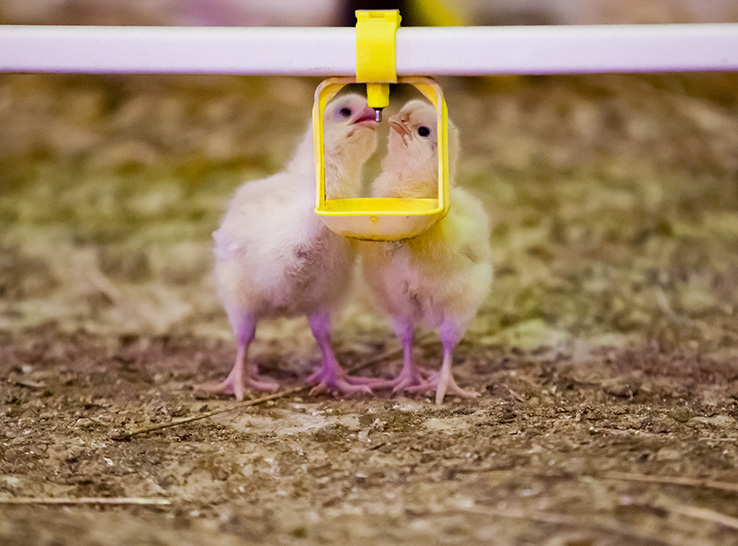
Getting chicks off to a quick start in the brooder house is always a priority, but it is especially critical when birds have been vaccinated for coccidiosis.

By Sara Throne, DVM, MAM, Dipl. ACPV
Simmons Foods, Inc.
Siloam Springs, AR, USA

Avian metapneumovirus (aMPV) has swept through production facilities across the US since its initial appearance in late 2023. aMPV infections can result in mass morbidity, significant egg drops and, in the most severe cases, mortalities.
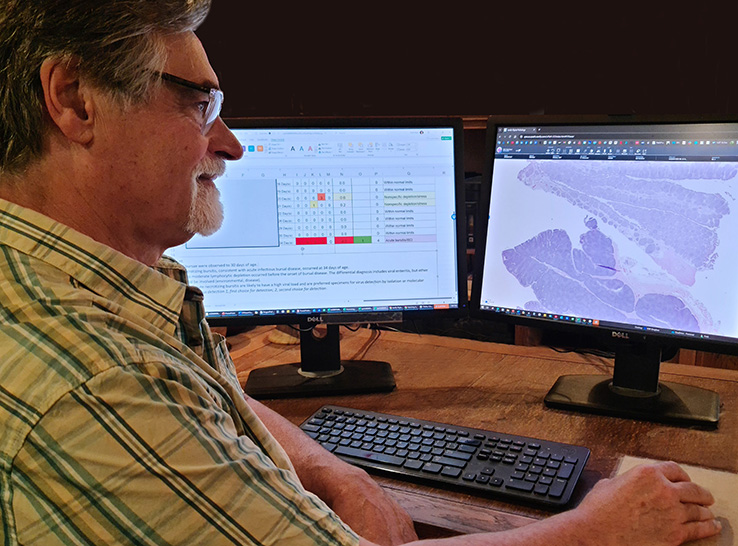
Virtually everyone involved with live poultry production knows the importance of protecting layer, breeder and broiler flocks against infectious bursal disease. If left unchecked, it can cause listlessness, watery diarrhea, ruffled feathers and dehydration.
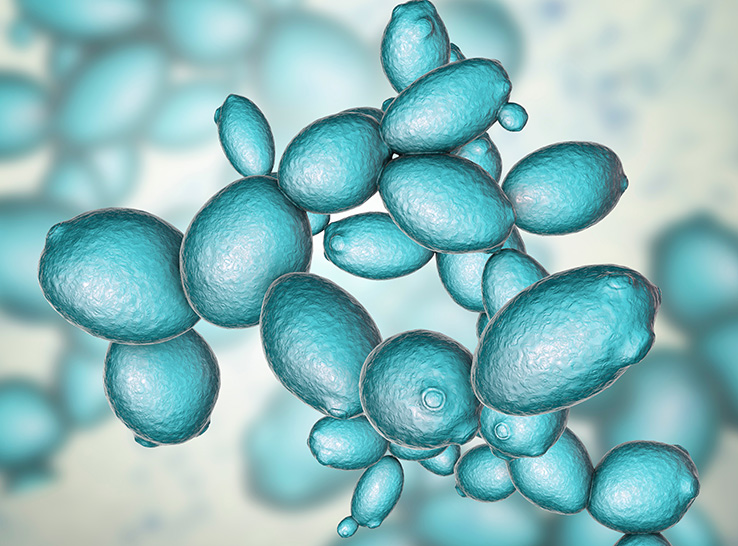
A postbiotic containing the phytogenic substance saponin could assist as a useful tool to help broiler producers reduce the impact of Avian pathogenic Escherichia coli (APEC), which causes colibacillosis.

By Muhammad Ali, DVM
PhD student
Department of Poultry Science, University of Georgia

By Aaron Stephan, PhD
Research and Innovation Director
ONCE by Signify
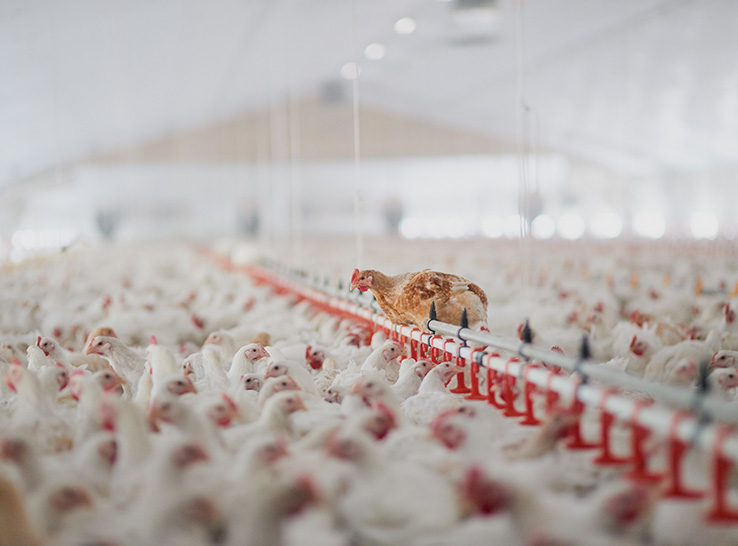
While most chicks are vaccinated for coccidiosis at the hatchery, it’s the first few weeks in the grower barn that determine coccidia exposure, cycling and eventual immunity.
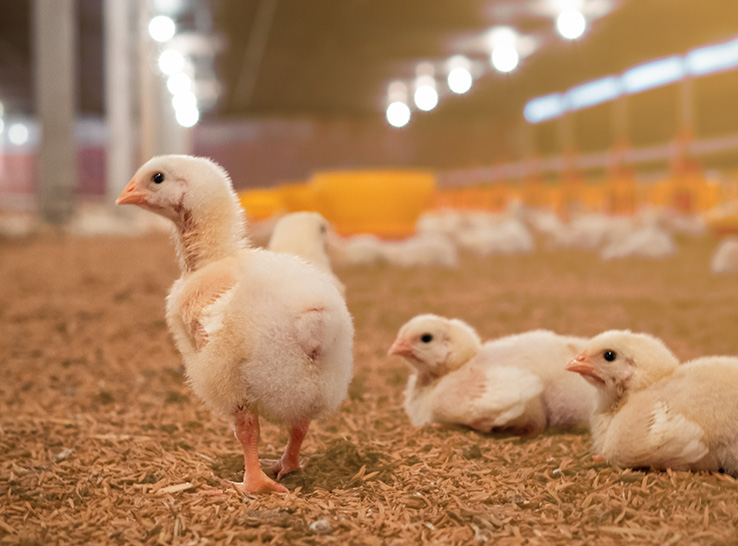
Coccidiosis vaccination is a critical tool to mitigate economic losses for broiler producers. However, dry litter conditions and low placement densities can complicate successful vaccine replication and subsequent immunizing exposure.
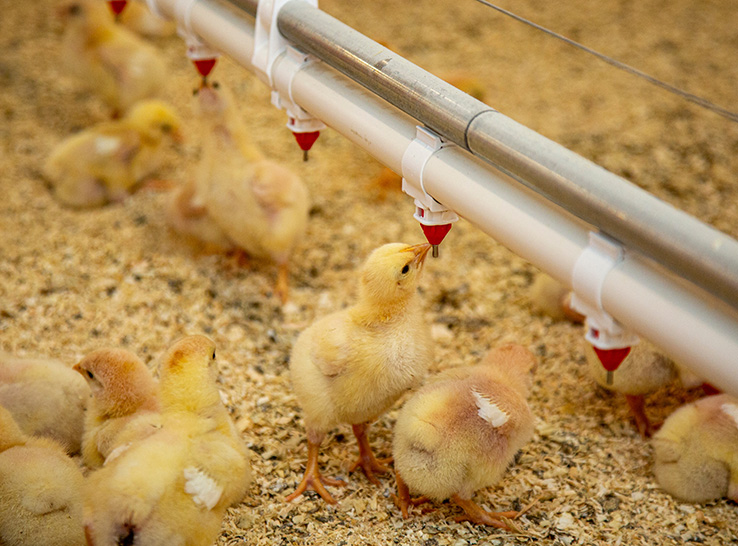
Ultrasonic water meters enabled rapid and early identification of potential problems in cage-free layer houses, including feed shortages and water restrictions, according to research presented at the 2024 IPSF by William Strickland, graduate research assistant, University of Georgia.

Past knowledge can provide useful insight to control the latest outbreak of avian metapneumovirus in the US poultry industry, according to two leading experts on the disease.